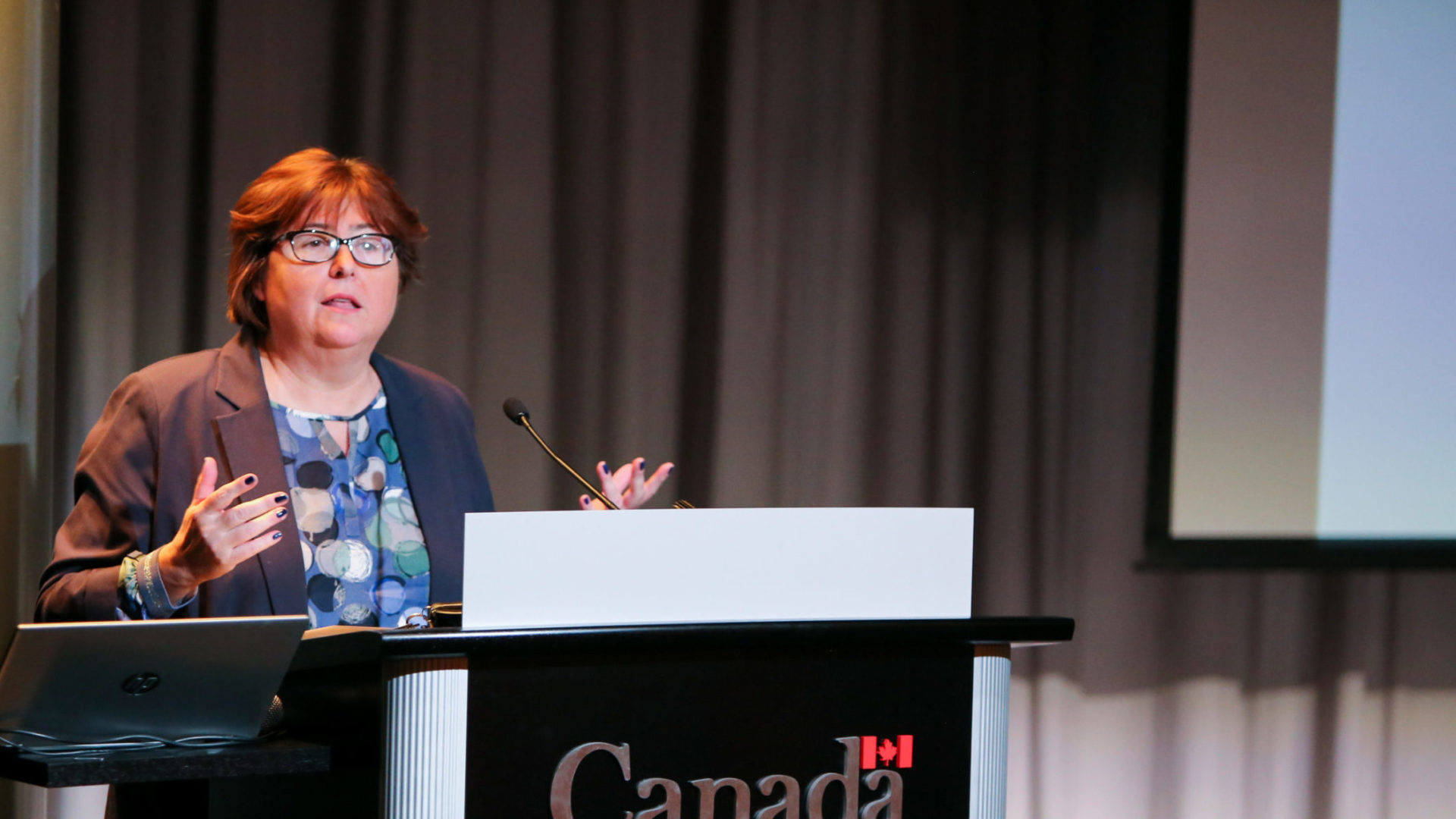With the 2003 adoption of the UN Convention Against Corruption, good-governance norms have achieved—on the formal level at least—a degree of recognition that can fairly be called universal. This reflects a centuries-long struggle to establish the moral principle of “ethical universalism,” which brings together the ideas of equity, reciprocity, and impartiality. The West’s success in promoting this norm has been extraordinary, yet there are also significant risks. Despite expectations that international concern and increased regulation would lead to less corruption, current trends suggest otherwise. Exchanges between countries perceived as corrupt and countries perceived as noncorrupt seem to lead to an increase in corruption in the noncorrupt states rather than its decrease in the corrupt ones. Direct good-governance interventions have had poor results. And anticorruption has helped populist politicians, who use anti-elite rhetoric similar to that of anticorruption campaigners.

